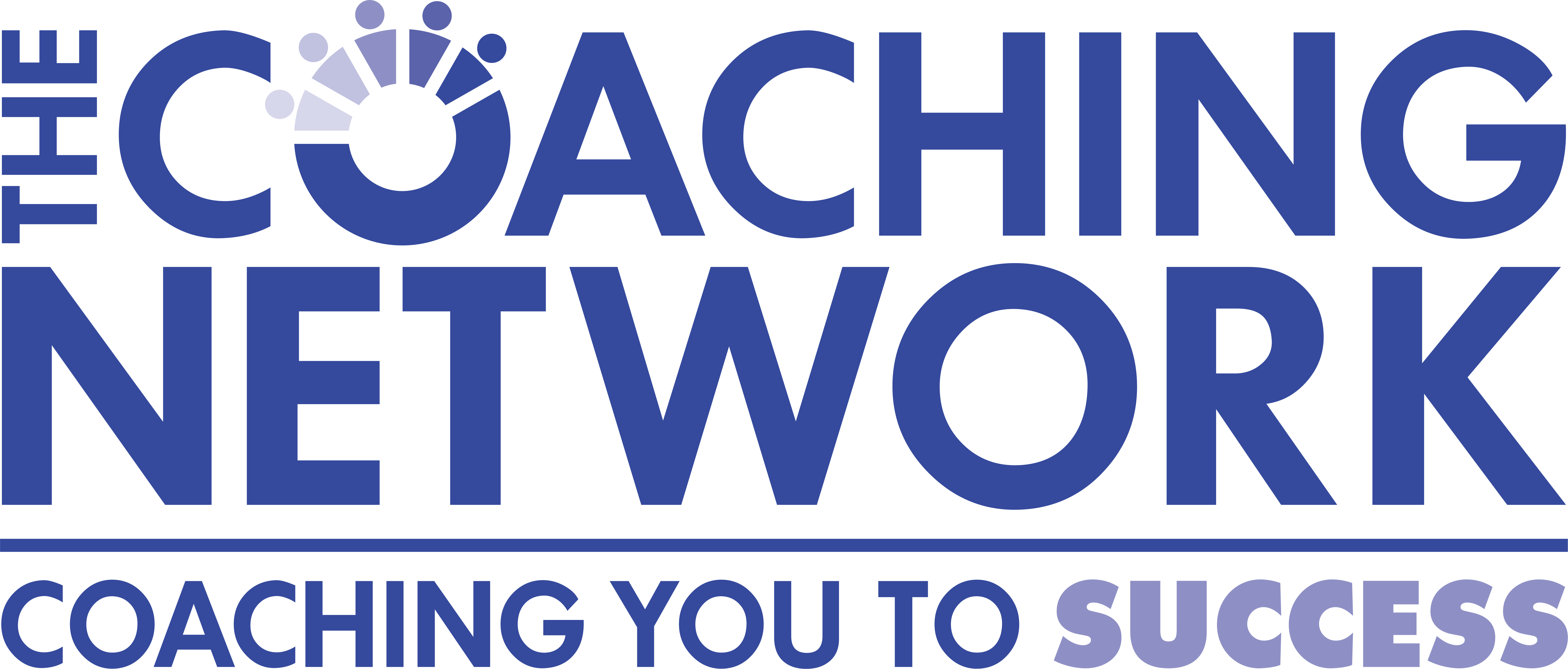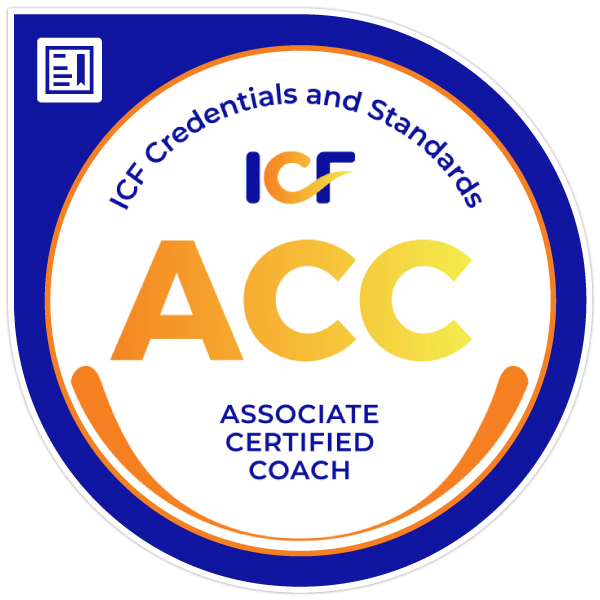Hello fellow business professionals!
Ever feel like building better business relationships is a bit of a mystery? You’re not alone. This week, I revisited Dale Carnegie’s classic “How to Win Friends and Influence People,” and it’s packed with timeless advice that’s just as relevant in today’s business world as it was when it was first published.
Carnegie’s wisdom is practical and easy to apply, especially if you’re looking to connect more effectively with clients, colleagues, or your team. Let’s dive into some key takeaways and how you can use them to elevate your business interactions:
Handling People with Care
First up, don’t criticize—it often leads to defensiveness and doesn’t really get you anywhere. Instead, focus on offering constructive feedback that helps others grow. This creates a positive work environment where everyone feels encouraged to do their best and communicate when mistakes are made.
Next, remember to give sincere appreciation. People crave recognition, and a little praise can go a long way in boosting morale and productivity. Regularly acknowledging your team’s efforts not only makes them feel valued but also keeps motivation high.
And when you’re proposing ideas or pitching to clients, make it all about them. Show people how they’ll benefit from what you’re offering. Whether you’re negotiating a deal or trying to get buy-in for a new strategy, framing it in terms of their needs and wants makes your message much more compelling.
The only way to accomplish these three, takes us into key takeaway number 2:
Building Strong Connections
Carnegie also emphasizes the importance of being genuinely interested in others. Taking the time to really listen and understand what makes your clients and colleagues tick is the foundation of strong, trusting relationships. This ties in beautifully with one of the key habits from Stephen Covey’s The 7 Habits of Highly Effective People, which we reviewed last week: Seek first to understand, then to be understood. Before jumping in with your thoughts or solutions, make sure you’re fully tuned in to what the other person is saying. This approach not only builds rapport but also ensures that when you do speak, your message resonates more deeply.
And here’s a simple tip that can make a big difference: Smile. It’s amazing how far a friendly demeanor can go in creating a welcoming atmosphere. Plus, don’t forget the power of using someone’s name in conversation. It shows respect and attention to detail, making your communication more personal and effective. In fact, one of my clients recently made an excellent post just about this: The Power of a Name.
The third and final take away is all about Winning People Over.
When it comes to persuading others, avoid arguments at all costs. They rarely lead to positive outcomes. Instead, aim for collaborative solutions where everyone feels heard and valued. This creates a win-win scenario, again something we learnt last week, and keeps relationships intact.
And here’s a big one when it comes to winning people over: Respect differing opinions. Even when you disagree, doing so diplomatically is crucial. This keeps the conversation positive and productive, leaving room for healthy discussion and mutual respect.
Finally, admit your mistakes quickly. We all mess up sometimes, but how you handle those moments can make all the difference. Owning up to errors builds trust and shows that you’re committed to maintaining integrity in your relationships. I learnt this quickly when I owned my print shop. People respected clear communication when it came to errors and mistakes, and were more open to finding a resolution.
Make sure you watch the video featuring special guest Sara Singer, a Family Law attorney based out of South Florida. Sara brings a lot of real life experience on how to understand others but also communicate outcomes clearly to accomplish the best results possible. Sara works tirelessly to help her clients understand what’s truly in their best interest, even when it’s a hard pill to swallow. She coaches them on the best ways to communicate and handle challenging situations, which not only empowers them but also enables her to achieve the best possible outcomes in their family law disputes. Sara’s approach is a perfect example of Carnegie’s principles in action—she listens, understands, and then guides her clients with empathy and clarity.
By incorporating these principles into your business practices, you’ll create a more positive, productive environment where everyone feels valued and heard. Not only will this help you build stronger relationships, but it will also enhance your ability to influence and inspire those around you.
As a business coach, I’ve seen firsthand how these techniques can transform both personal and professional relationships. How will you apply Carnegie’s and Covey’s advice in your business?
Cheers to your success!
-Maria Medina
P.S.–Keeping track of all these relationships can often be overwhelming. Use our handy follow up tracker to help you build stronger business relationships.
P.P.S.–Got thoughts or questions? Drop them in the comments on my YouTube channel, and don’t forget to follow me on social media for more tips and insights!
Photo credit: https://www.onepagecrm.com/blog/the-best-sales-books/


